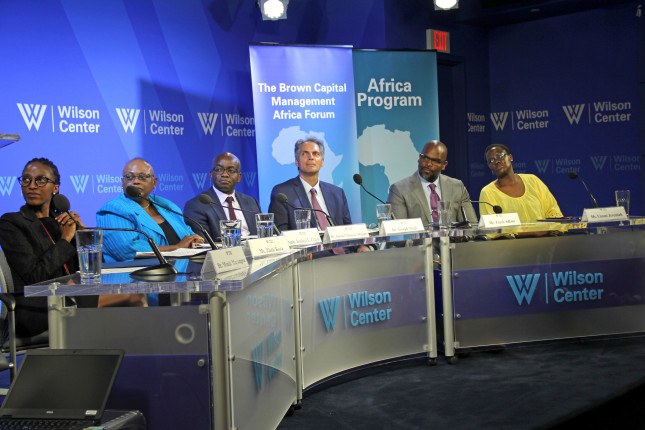-
The Top 5 Posts of June 2019
›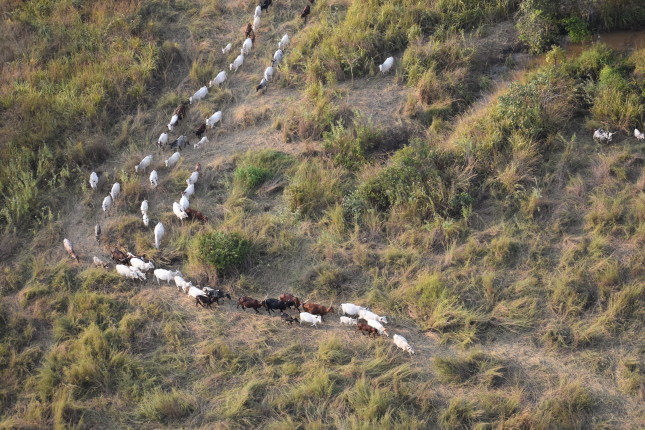
Two of June’s top posts related to conflict and the well-being of a country’s population. In our most-read post this past month, Matt Luizza investigates herder-farmer conflict in Africa’s Sudano-Sahel and urban elites’ increasing militarization of transhumance, the practice of moving livestock seasonally to access available pastures and water. In our third most popular post this month, Wim Zwijnenburg discusses the importance of protecting civilians by protecting the environment during armed conflicts.
-
Redefining Geopolitics in the Age of Electric Vehicles
›
Oil has played a pivotal role in shaping geopolitics for more than a century. But the rise of electric vehicles and shift toward cleaner fuels means that the world’s dependence on oil could begin to shrink, with both expected and unexpected consequences.
-
Want to Ward Off the Apocalypse? Invest in Women’s Health and Rights
›
World population continues to grow. The latest UN projections, released this week, indicate that we will add another 2 billion people to the planet by 2050 and 3 billion by the end of the century. While population growth is ebbing in many countries—and even starting to contract in a few—population growth in some countries remains brisk, if not breakneck.
-
Race, Bias, and Equity in Prenatal Care: No Pregnant Woman is the Same
›
It’s disturbing to see the data going in the wrong direction and it means we have to go beyond what we’ve been doing, said Terri D. Wright, Vice President of Programs and Community at the Eugene and Agnes E. Meyer Foundation at a recent event on equitable prenatal care in the United States hosted by The Jennifer Bush-Lawson Foundation and the American Medical Association at Duke University in DC. “We can’t do the same things the same way and expect a different outcome,” she said. “We’ve got to do something different.”
-
Reservoirs in Parched Chennai, City of Millions, Are Dry. Can Better Forecasting Avert Future Crises?
›
Residents of Chennai, by all accounts, are miserable and anxious. The city’s main reservoirs are dry, depleted by the failure of successive monsoons to provide replenishing rains. The shortfall has crippled the piped distribution network, which is now meeting just half of typical demand through a mix of secondary sources: desalinated water, groundwater, and the impoundments from nearby stone quarries. Even that supply is far from adequate. Piped water reaches households once a week or less. Tanker trucks, an expensive alternative, dole out water by the bucketful to desperate crowds.
-
Partnerships, Politics, & Plastic Pollution: A Conversation with Rob Kaplan on Reducing Ocean Plastics
› “I’ve never seen this kind of political and public sector engagement in an environmental topic happen so fast,” said Rob Kaplan, the Founder and CEO of Circulate Capital in an interview with Ambassador David Balton following a recent Wilson Center event on reducing marine plastic pollution. Interest in reducing ocean plastics has gone from a blip on the radar at ocean conferences to “now becoming a top priority,” said Kaplan.
“I’ve never seen this kind of political and public sector engagement in an environmental topic happen so fast,” said Rob Kaplan, the Founder and CEO of Circulate Capital in an interview with Ambassador David Balton following a recent Wilson Center event on reducing marine plastic pollution. Interest in reducing ocean plastics has gone from a blip on the radar at ocean conferences to “now becoming a top priority,” said Kaplan. -
Transforming Africa: Women and Young People Will Drive Progress
›
“Too often in the United States, the narrative that we hear about Africa is one of poverty, war, and ineffective or failed states. It is a crisis, a place best engaged through aid packages and humanitarian assistance,” said Keith Lee, President and Chief Operating Officer of Brown Capital Management at a recent Wilson Center event hosted by the Africa Program. “This has never been the entire story, and today more than ever, Africa is undergoing enormous transformations that challenge this narrative,” Lee said.
-
Inclusive Protection of Civilians During Conflicts: Making a Case for the Environment
›
It is important to take an inclusive and tangible approach to protecting civilians by protecting the environment during armed conflicts. In recent decades, the link between conflict, the environment and the protection of civilians has become painstakingly clear. From Iraq to Ukraine, Libya to Yemen, dozens of incidents have surfaced where environmental damage resulting from conflict has led to acute or chronic health risks to civilians and their communities, undermining their socioeconomic development.
Yearly archive for 2019.
Show all posts



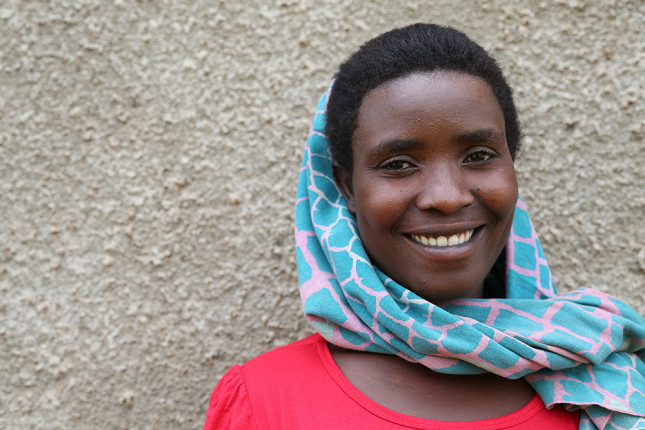

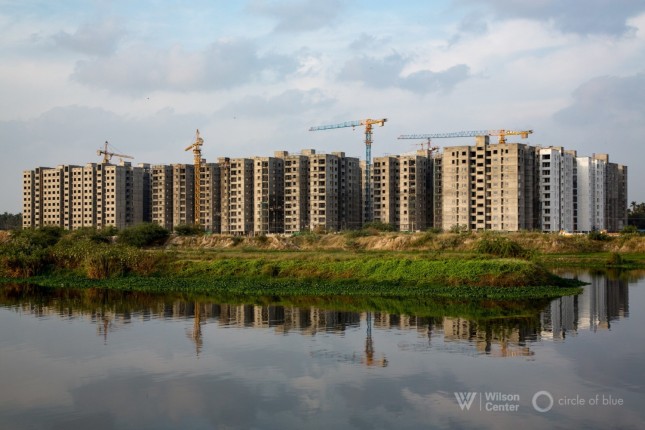
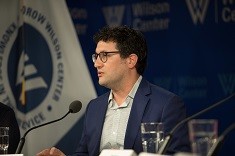 “I’ve never seen this kind of political and public sector engagement in an environmental topic happen so fast,” said Rob Kaplan, the Founder and CEO of Circulate Capital in an interview with Ambassador David Balton following a recent
“I’ve never seen this kind of political and public sector engagement in an environmental topic happen so fast,” said Rob Kaplan, the Founder and CEO of Circulate Capital in an interview with Ambassador David Balton following a recent 